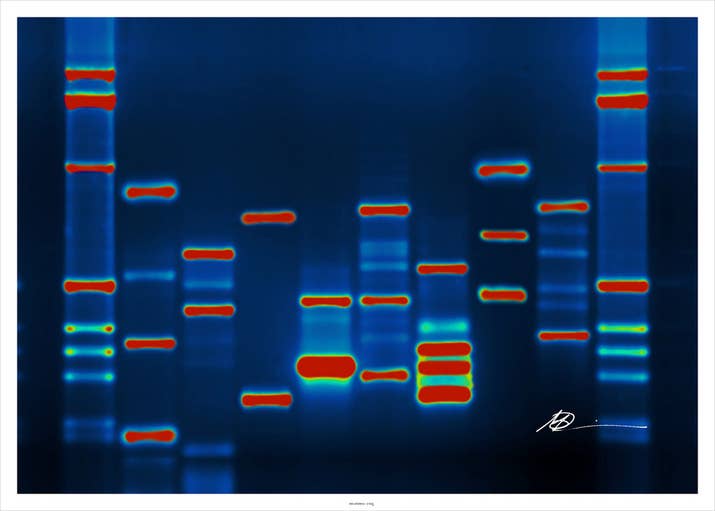Mexico boasts a staggering genetic diversity, study shows
Los Angeles Times
2014-06-12
Geoffrey Mohan
SHARELINES
▼ DNA offers a nuanced answer to what it means to be Mexican
▼ Ancient genetic signal survived conquest in Mexico
▼ Latino and Hispanic labels don’t do justice to Mexico’s genome
Writers, artists and historians have long pondered what it means to be Mexican. Now science has offered its answer, and it could change how medicine uses racial and ethnic categories to assess disease risk, testing and treatment..
The broadest analysis of the Mexican genome ever undertaken reveals a nation of staggering genetic diversity, where European conquest only thinly masks the ancestral DNA of Native Americans, and where some populations remain as distinct from one another as Europeans are from Chinese, according to findings published Thursday in the journal Science.
Forty researchers, who share Latino heritage as well as professional qualms over the significance of ethnic and racial categories, teamed up across borders to analyze more than 1 million variations in the building blocks of DNA. They examined more than 500 samples collected in Mexico’s remote Indian villages and polyglot cities, and from Mexican Americans in California.
“Because these populations are so rich, so genetically differentiated, you can’t just lump them all in,” said lead investigator Carlos Bustamante, a population geneticist and co-director of Stanford University’s Center for Computational, Evolutionary and Human Genomics. “You really have to embrace that diversity and think about doing medical genetic studies on a very large scale.”
To illustrate their point, the researchers compared their new genetic data with the results of lung function tests for children in Mexico City and Latinos in the San Francisco Bay Area. They discovered that pulmonary function varied in ways that were mirrored in DNA. It was as if someone with a fraction of Maya ancestry had lungs that were 10 years older than someone with a bit of northern indigenous heritage…
…Researchers not involved in the study, however, caution that correlations between disease risk and ancestry may not have much of a genetic basis at all. In many cases, they might mask socioeconomic or environmental factors — where and how you live.
The suggestion that differences in DNA are responsible for observed differences in lung capacity “is an enormous leap,” said UC Berkeley sociologist Troy Duster, who has written extensively on the intersection of race, biology and public policy.
Lundy Braun, an Africana studies professor at Brown University who studies the intersection of race and medicine, said medicine’s focus on genetics may be overshadowing other avenues of research.
“The effects of social class on lung function have been largely ignored in favor of the focus on race and ethnic difference,” she said.
Braun and Duster worry that such genomic studies may unwittingly lend legitimacy to widely discredited ideas about racial disparities.
“There is always lurking danger that this kind of research, which emphasizes the genetic structure of ethnic and racial groups, fuels the notion that the biology or genetics of those groups explains their condition,” Duster said…
Read the entire article here.



